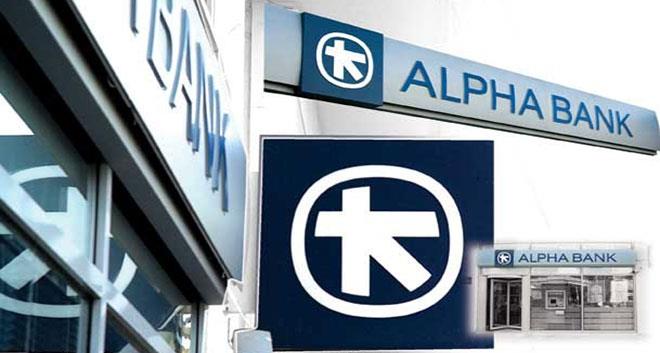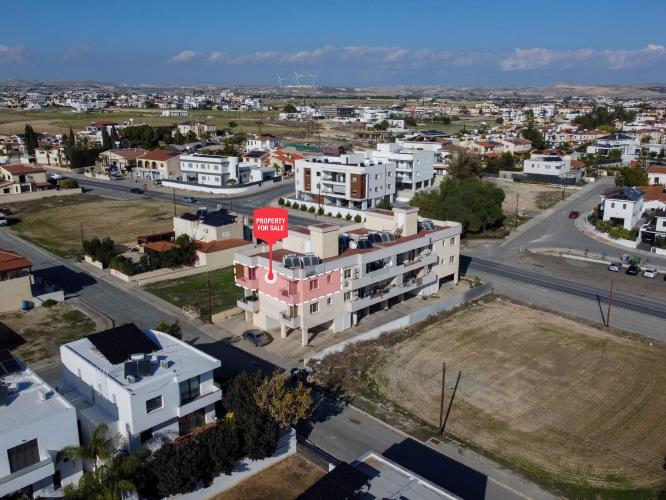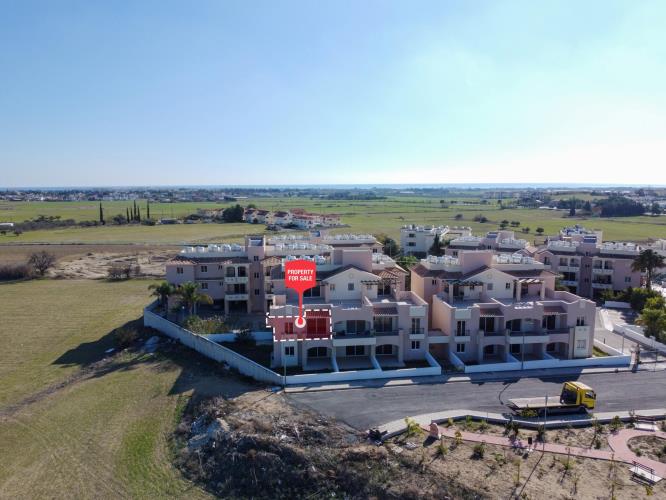Capital Intelligence Ratings (CI Ratings), the international credit rating agency, has announced that it has raised the Financial Strength Rating (FSR) of Alpha Bank (AB) to ‘B-’ with a ‘Stable’ Outlook from ‘C+’ with a ‘Negative’ Outlook. Despite the improved standalone financial profile of the Bank, the Long- and Short-Term Foreign Currency Ratings (FCRs) remain on SD (Selective Default) due to the continued existence of capital controls, specifically those on deposit withdrawals. The Support Rating is raised to ‘4’ from ‘5’, reflecting the demonstrated support of key shareholders in the capital increases of 2014 and 2015. In CI Ratings’ opinion there is a moderate likelihood that further capital support would be provided, if necessary. Given the improved capital position, the Bank is expected to remain eligible for Emergency Liquidity Assistance (ELA) through Bank of Greece, if necessary.
The upgrade primarily reflects the Bank’s improved capital position following the successful EUR2.6 billion capital increase of November 2015, which was achieved without any state aid. The Bank’s gross income generation and operating profitability remains a key supporting factor. Both metrics stand well above peers’ and provide the first line of defence in what remains a very difficult operating environment. That said, it is expected that following recent reforms approved by the Greek Parliament and completion of the first review of the Third Economic Adjustment Programme (TEAP), operating conditions will begin to improve, with a resumption of GDP growth in H2 2016 and a gradual return of banking system deposits (subject to a partial relaxation of capital controls). The FSR also reflects AB’s proactive non-performing loan (NPL) management. The Bank has stepped up the renegotiation of troubled assets and concluded agreements with KKR and Eurobank, together with EBRD as a minority shareholder, to set up a common management platform for corporate NPLs and with Aktua Hellas for retail NPLs. Following the sale of its operations in Bulgaria and FYROM this year, AB continues to integrate key international operations such as Cyprus and Romania, and progressing towards its cost savings and restructuring targets.
The FSR of ‘B-’ is foremost constrained by the Bank’s very high NPL ratio. Asset quality metrics are expected to remain very weak for some time, due to the extent of the fiscal adjustment being carried out and its impact on private sector debt repayment capacity. Liquidity remains protected by capital controls as well as by access to ELA, and at the current rating level is neither a supporting nor a constraining factor. However, funding capacity, impacted by systemic deposit outflows last year, is expected to remain very limited because sentiment towards the Greek economy is likely to remain volatile until there is a credible and lasting solution to the Greek debt crisis. As is the case with other Greek banks, the high level of Deferred Tax Assets, which would be impaired if current tax legislation were challenged by EU authorities or in case of a sovereign credit event, constrains the rating. The Bank’s internal capital generation – also a constraining factor – is expected to remain very limited due to continued high, albeit reducing, risk charges as well as restructuring costs.
The FSR of ‘B-’ indicates that external support would likely be needed in the event of unexpected adversities. Short-term event risks are likely to remain high despite completion of the first TEAP review and include the risks of: (a) a reversal of progress by the Greek Government in meeting EU and IMF creditors’ conditions due to social and political dissent, which would lead to a delay of the second review and of further disbursements; and (b) a disagreement between EU institutions and the IMF when the Debt Sustainability Analysis is updated prior to the IMF’s decision within 2016 to participate in the TEAP. Even if the foregoing are avoided, the risk remains that TEAP might fail to generate sustainable economic growth. To date, attempts to resolve the Greek debt crisis by applying austerity policies aimed at increasing the primary fiscal balance have, if anything, exacerbated the debt burden. It remains to be seen whether the intention to also provide debt relief by adjusting the present value of debt servicing costs, rather than by an outright reduction in the nominal stock of debt, may be any more effective.
Historically, primarily a wholesale corporate lender, the Bank has developed over the years a universal banking model with a good balance between retail and corporate business. With total assets of EUR68 billion at end March 2016, AB is one of the four systemic banks in the Greek market. In February 2013 AB acquired Emporiki Bank and in 2014 it acquired Citibank’s wealth management and retail operations in Greece.
















